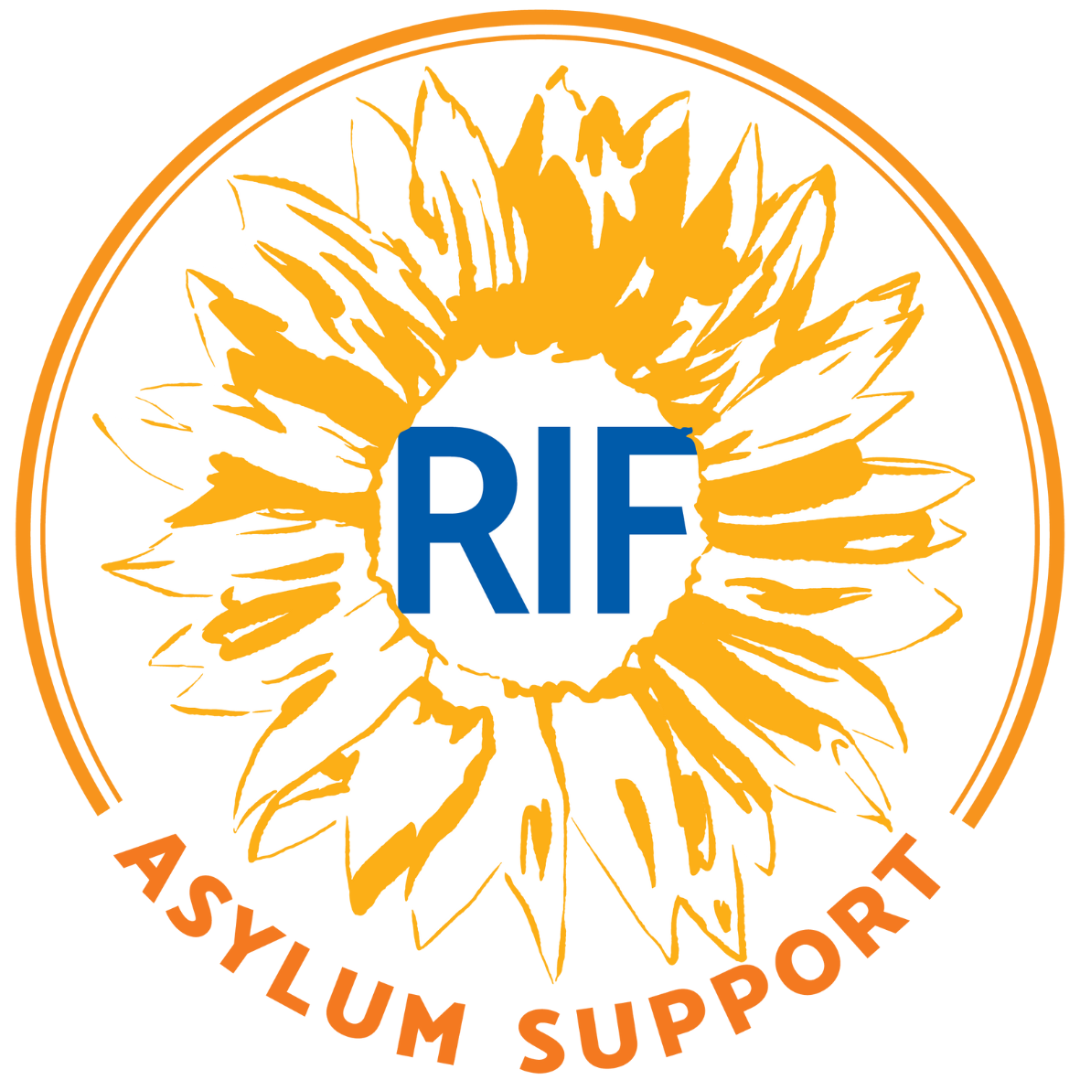A volunteer writes about the power of human connection
I have been a board member of RIF since it was founded in 2007. In 2020, I got involved with RIF’s team of volunteer navigators. We are often advocates for specific asylum seekers, helping them complete forms and negotiate the challenges of New York City.
My early experiences trying to help people get unemployment insurance and other benefits from the first COVID-19 relief belief were frustrating, and more so for those I tried to help. I spent hours trying to find cash grants for the undocumented, with little result.
In July, I teamed up with Ahmad, a Cameroonian who spoke no English, who arrived in the United States just before the pandemic brought much of daily life to a halt. Our first telephone call was friendly, but my French felt pretty feeble, while I had trouble understanding his accent. Frequently, we both had to ask the other to repeat the phrase or question. Ahmad sent me his story in French explaining why he was here to request asylum, and we began the process of translating, filling in the gaps, and looking for news accounts to corroborate his experiences.
Because of COVID-19, we met by Zoom or phone for a month, while he was working long hours six days a week. Finally, we found time for a picnic in Central Park, face-to-face (behind masks) for the first time. I was delighted that I now understood most of what Ahmad said, and he seemed so happy that we were sharing a typically American meal together.
During the following weeks, Ahmad called dozens of organizations in search of a pro-bono lawyer who would represent his case. Because of COVID-19 and the Trump Administration’s asylum policies, there were fewer candidates than ever seeking free representation in New York, but I felt angry at the number of times some organizations would give us an appointment then not call or follow up afterwards. It was so hard for Ahmad, whose future is dependent on a compelling asylum presentation, to be ghosted, or refused because there are so few lawyers and so many cases. We continued to hone his asylum application, to increase Ahmad’s odds that an attorney would take his case, and RIF was even willing to help Ahmad apply on his own, pro se, if he was not able to secure pro bono representation. But then, finally, just before Christmas, an organization agreed to represent him. We were jubilant. It was all we’d been wishing for.
I am often staggered by the huge cultural chasm Ahmad has crossed in his life, from a childhood on a farm without electricity to a Harlem top-floor walk-up that he shares with far too many people to be safe from COVID, too often without heat or hot water. His determination leaves me in awe: he was alone without news from his wife and children for more than a year, and he knew no one when he arrived here. He is working hard to learn English. He regularly goes to neighborhood shops looking for work since his last exploitative job ended.




